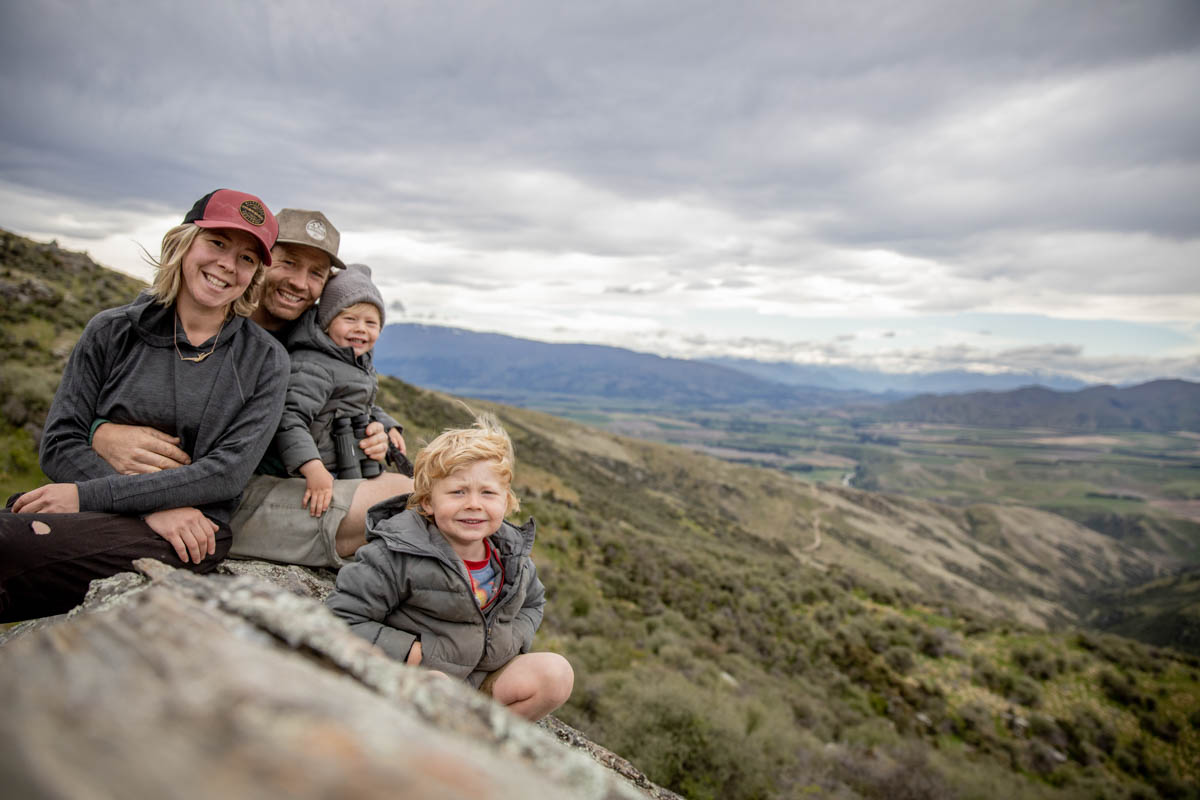Speculation on the carbon price skyrocketing has been partly blamed for fuelling the buying of productive farmland to be blanket planted in pine trees. What does the Covid-19 global pandemic mean for the carbon price and the regulations surrounding it? Rebecca Harper investigates.
Covid-19 might be a headwind right now but, long term, the price of carbon can only go one way – up.
Those in the industry agree there is a dip in demand in the current environment, but the issue of climate change will not go away and the carbon price will have to increase if people are to change their behaviour.
Nigel Brunel, director institutional commodities with OM Financial Limited, said Covid-19 hurt but the Zero Carbon Bill had already been passed by government and the net zero goal remains 2050.
While there would likely be ups and downs in the carbon price it would have to move higher for the overall aims to be achieved when it came to climate change, Brunel said.
Covid-19 was clearly having an impact right now. “People around the planet have been in lockdown and over that time emissions dropped dramatically but it’s really only one month. It will have some impact on our overall emissions – the numbers being bandied about are a 10-20% reduction for the year.
“Before Covid-19 we were in for a big year. It’s just pulled back slightly, emissions will still occur and we still have an ETS and the wheels will keep on spinning – they might not be moving as quickly – but they’re still moving.”
Brunel did not see the global pandemic having any impact on the government’s legislation plans.
“The danger of a completely unregulated, unfettered market is that people are driven to the cheapest low risk option – and that’s when we see pine tree fever.”
“We have a headwind in front of us but I don’t see the government diverting from its climate track. The Zero Carbon Act (ZCA) was passed last year – that’s the big piece of legislation – the rest is relatively minor (in comparison to ZCA). What we now have to do is make the ETS fit for purpose to meet our Paris commitments and track to net zero by 2050.
“I don’t see anything changing other than that the Select Committee reported back and National asked for a delay in implementation. But they’re a minority and it’s likely that legislation will go ahead.”
A spokesperson for the Ministry for the Environment said The Climate Change Response (Emissions Trading Reform) Amendment Bill was making its way through Parliament. The Environment Select Committee reported the Bill back to the House on Monday 4th May.
“Parliament is now considering the report and is able to make changes to the Bill before it becomes law.”
Brunel believed the carbon price must go higher for people to change their behaviour. “No one will move to an electric tractor unless there’s a meaningful price on carbon impacting fuel prices (and a fairly priced E-Tractor of course).”
There was a school of thought that for the Paris agreement to be achieved the carbon price should be placed at $75 to $125 US/tonne by 2030.
“I believe the higher the price of carbon goes, the more technology comes the other way to meet it. I’m probably more of a $50-$75 US/tonne guy over the next 5-10 years,” Brunel said.
With regard to farmers and planting of farmland he said no one wanted to see small rural communities being carpeted with pine trees but there were revenue opportunities for farmers.
“If someone wants to plant trees for carbon that can be quite a risk. Some companies will go 50/50 with the farmer and it can be a really good business opportunity if done right.
“Many farmers are not comfortable with the risk and they want to keep their land. Working with a company through a joint venture removes a lot of the risk for the farmer. He doesn’t have to do anything except provide the land, and he keeps the land. It’s a permanent forest kind of deal usually and not necessarily pine trees.”
Ollie Belton, the director and owner of Carbon Forest Services and a partner in Permanent Forests NZ, agrees the carbon price is on its way up.
Permanent Forests NZ specialises in non-timber production forests – those purely for environmental purposes including biodiversity and native forest restoration.
“We promote high value carbon credits that benefit companies wanting more than to just meet their obligations, such as Air New Zealand. When you fly with them you can choose to go climate neutral and offset your emissions. We match companies with forest owners, often farmers, for that project.”
Belton believes the land use debate is an issue if the carbon price continues to climb. At the moment the conversion of pastoral farmland to pine forests is isolated to hotspots around the country, such as Wairoa and the Tararua region, but that could change.
“I’m not anti-forestry but I think we need a more integrated approach. We don’t want the escalating carbon price to wipe out productive farmland.”
Like Brunel, he believes that the price of carbon must increase if we are to solve the issue of climate change.
“But without market regulation or safeguards it is hard to see how we will stop seeing farms converted to forests. We know we need a high carbon price to change behaviour, but we need a higher carbon price for other types of forest, like natives or permanent mixed species forests, to make that economic.
“The danger of a completely unregulated, unfettered market is that people are driven to the cheapest low risk option – and that’s when we see pine tree fever.”
Belton said the immediate effect of Covid-19 was a decrease in emissions, such as those from aviation, leading to a decrease in demand. “This temporary blip depends on how sustained the decrease is. Aviation is actually a very small part of New Zealand’s emission profile. Other parts of the economy, like transport, are more important.”
He believes there are bigger things at play – specifically, politics and the ETS review. Much of the price in the carbon market is driven by regulation. “Will the government, given we have an economic crisis, continue to implement those stronger green regulations in the face of the situation?”
If you listen to Brunel, the answer is “yes”.
“At the moment we have a price cap of $25 in the ETS; an emitter can just pay the government $25 cash. Before Covid-19 hit the government indicated they would raise it to $35 in 2021. When they announced that, the price of carbon went up big time. In January the price was at $29 but it has come back. If the government can’t implement that change that will have an impact on price,” Belton explains.
Economic recession is the other factor that could significantly impact the carbon price.
“Some companies may fail and then won’t participate in the market, which brings demand down. Other parties may have stockpiled carbon credits for future use and could look to sell those into the market to generate cash. There is the potential for a lot of credits sitting in the registry to come to market, which would push the price down.”
Belton said this might reduce some of those speculating on the carbon price and purchasing farmland.
“It could take the shine off the speculative market but for the longer-term players who understand the market it might slow things down. I personally believe it will only be a pause.
“The long-term trend globally is that we are starting to take it (climate change) more seriously, and we need to. Everything is on pause at the moment – it’s just a matter of how long that pause will be and how long before the economy recovers.”
As for the tree-versus-sheep debate Belton sits on both sides of the fence – many of his clients are farmers as well as foresters. He says the debate to date has been polarising but it is possible to find middle ground and move forward.
“For me, I have seen some of the farm lobby groups doing damage to farmers. Farmers are actually the ones who are in pole position to generate revenue onto farm through trees. But the topic is complex and it can put people off.
“I think the forest industry can be quite dismissive of farmers and, conversely, farmers can shoot themselves in the foot. There is a middle ground and I hope this debate can lead to something that’s positive for everyone.”




